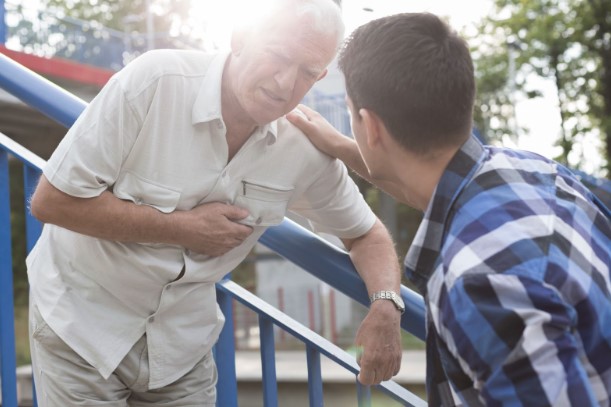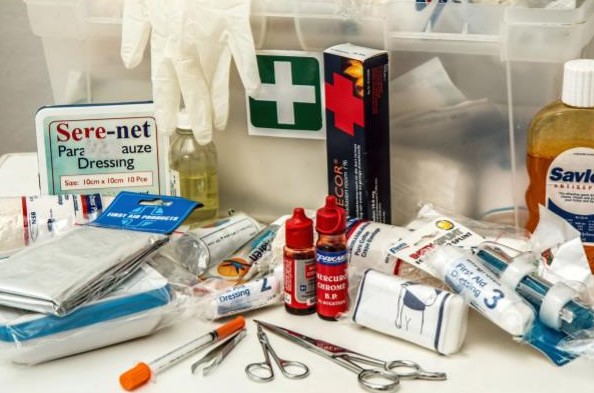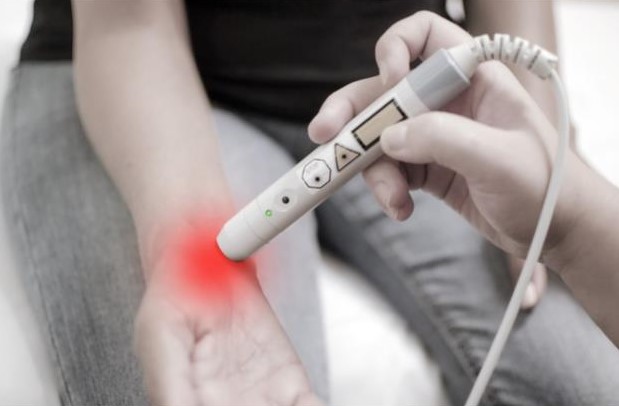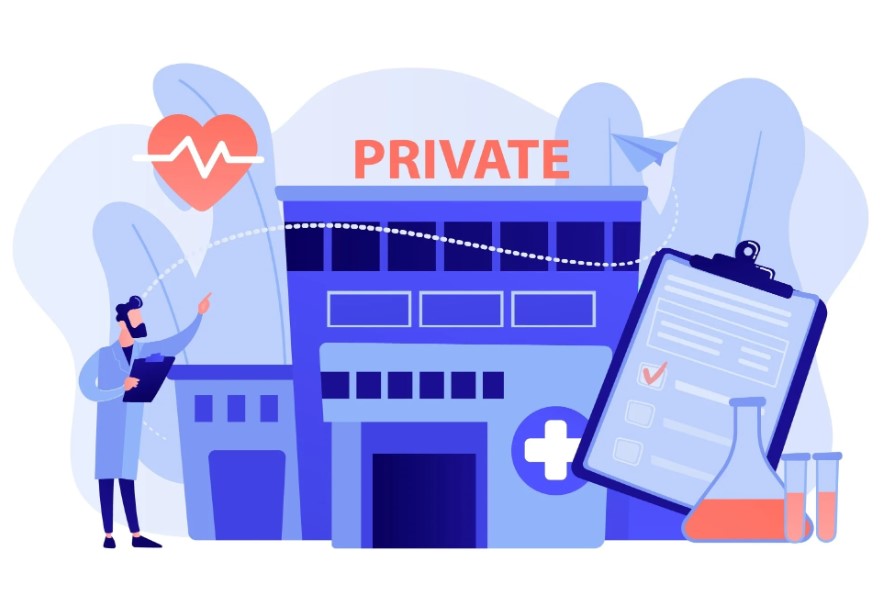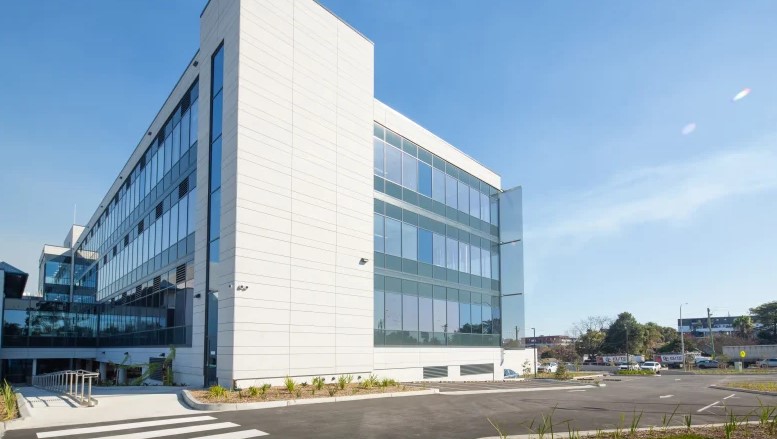08
Oct 2023
In Need of Urgent Medical Assistance? Here’s What You Should Know
Published in Tips on October 08, 2023
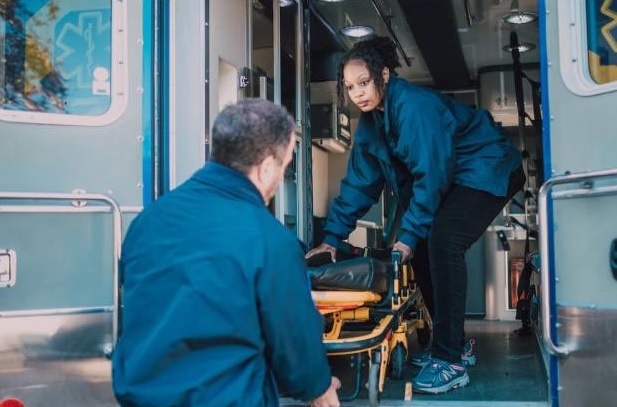
When it comes to health emergencies, every second counts. Being prepared and knowing what to do can significantly impact the outcome of a critical health situation. This guide provides you with crucial information on what to do when you, or someone around you, needs urgent medical assistance. From recognizing the signs of a medical emergency to knowing who to call and what to do while help is on the way, we have you covered. A lot of people find themselves in a situation where someone they know or a stranger is having a medical emergency and they are unsure of what to do. This guide will help you handle such a situation with calmness and efficiency.
Recognizing the Signs of a Medical Emergency
The first step towards effectively handling a health crisis is recognizing the signs of a medical emergency. These can range from severe chest pain, difficulty in breathing, sudden and severe pain, uncontrolled bleeding, prolonged or severe vomiting, and poisoning, to changes in mental function such as confusion, or sudden, severe headache.
Other signs include fainting, unresponsiveness, or a significant increase or decrease in body temperature. If you notice any of these symptoms, it is essential to act quickly and seek immediate medical attention. Remember, it's always better to err on the side of caution when it comes to health emergencies.
A lot of medical emergencies, such as heart attacks or strokes, may not always present with obvious symptoms. Thus, it is crucial to be aware of your body and notice any sudden changes that could indicate a potential health crisis. It's also essential to pay attention to the signs of those around you. If someone appears to be in distress or is exhibiting concerning symptoms, don't hesitate to offer assistance and seek medical help if needed.
Urgent Care Services
In case of a medical emergency, the first call should always be to your local emergency number, such as 911 in the United States. The operator will ask for details about the situation and dispatch help immediately. If you are unsure of whether it's an emergency or not, it's best to call anyway. Emergency responders are trained to assess the situation and provide appropriate care.
In some cases, the situation may not require a call to emergency services but still needs urgent medical attention. In such instances, it's best to visit an urgent care facility. These facilities are equipped to handle minor emergencies and offer quicker service than a hospital emergency room. Whether you are on the lookout for urgent care in Bradenton, FL, or any other location, make sure to research and have the contact information handy in case of an emergency. You want to ensure you receive timely and quality care in the event of a health crisis.
Stay Calm and Provide Support
During a medical emergency, it's natural to feel overwhelmed and scared. However, it is crucial to maintain your composure and provide support to the person in need. Call for help immediately, whether it be a family member or emergency services. While waiting for help to arrive, try to keep the person calm and comfortable. If they require any specific assistance, such as administering medication or performing CPR if trained, do so without hesitation.
It's also essential to communicate with the medical professionals once they arrive on the scene. Provide them with any relevant information you may have about the situation and stay nearby in case further assistance is needed.
Being prepared and knowing what to do in case of a medical emergency is crucial for everyone. By recognizing the signs, knowing who to call, and staying calm and supportive, you can help save lives. Make sure to familiarize yourself with local emergency numbers and urgent care facilities in your area, and always be vigilant for any warning signs. Keep this guide handy so that you are well-prepared in case of any medical emergencies. Nevertheless, being aware and taking swift action can make all the difference in saving someone's life.
